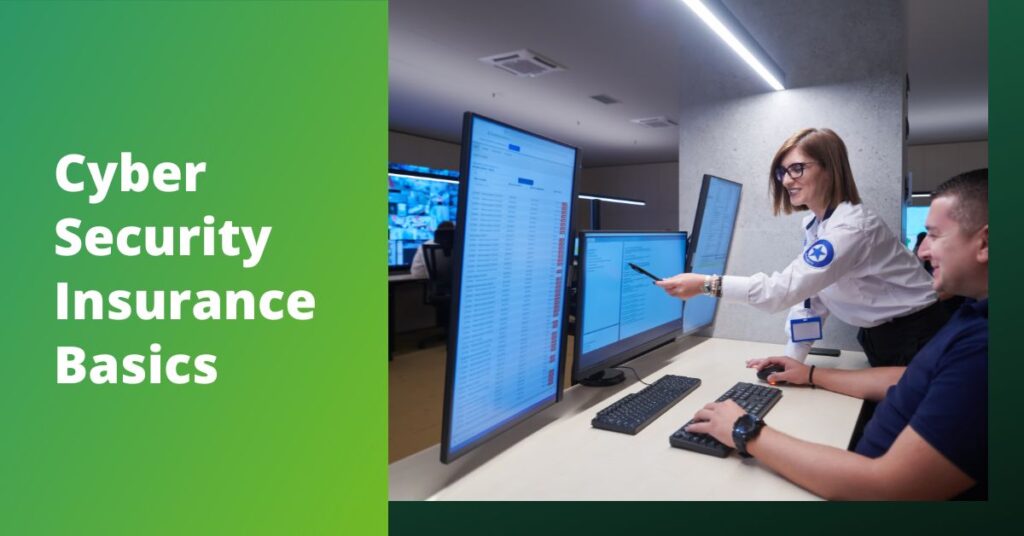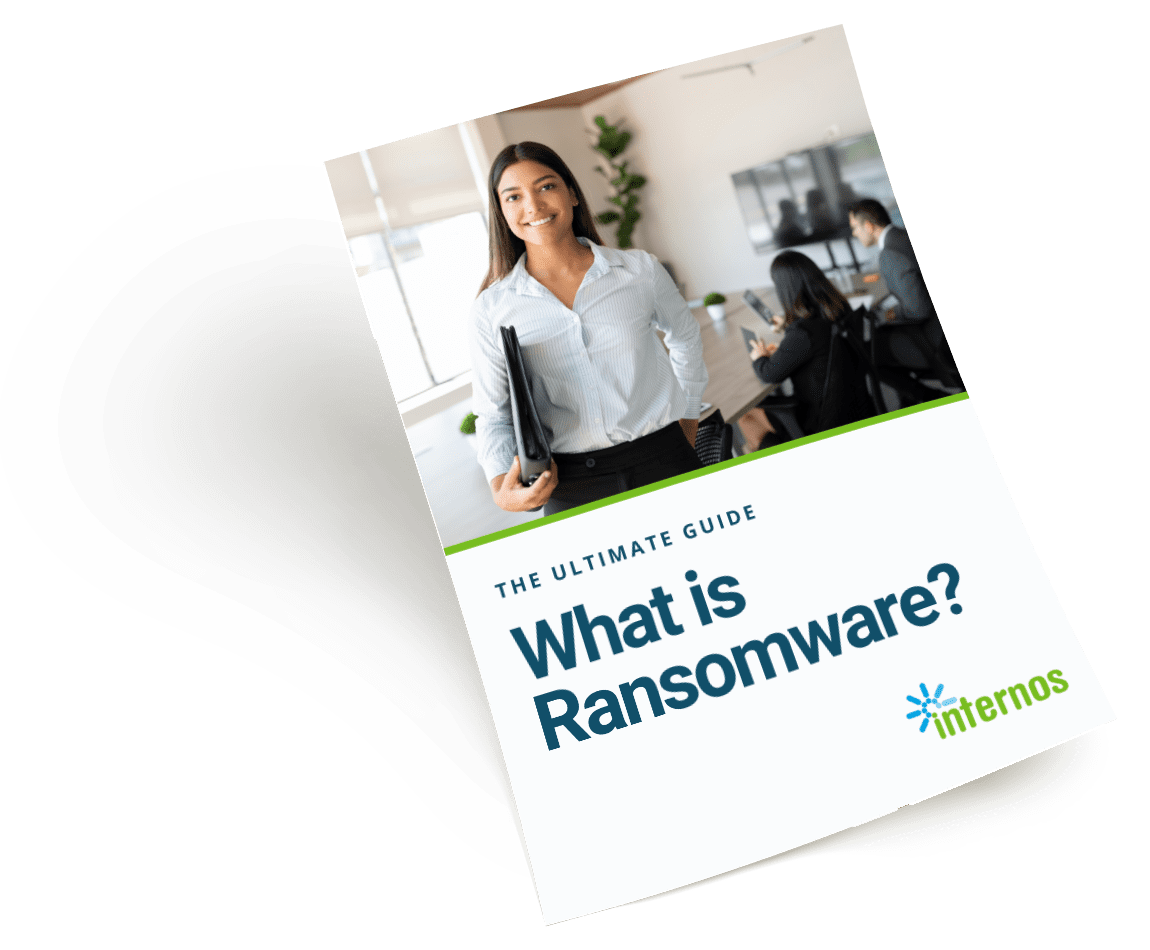
Determining whether your business needs cyber security insurance is crucial, especially considering the many key differences between large and small companies. Smaller businesses are often more vulnerable to cyber attacks due to limited budgets and lack of cyber security expertise. However, large corporations, with their substantial resources, are frequent targets, too. They typically have dedicated legal, PR and technology teams to manage these threats.
As cyber threats increase, small and medium-sized businesses are turning to cyber insurance to mitigate risks. They usually seek coverage through agencies and often require external crisis management support.
No matter what size your business is, understanding that general business insurance does not cover cyber attacks is vital. Cyber insurance policies vary, and it’s essential to choose one that fits your specific risks and vulnerabilities.
Let’s cover just what you need to know when considering implementing cyber security insurance.
What Is Cyber Liability and What Does It Cover?
Cyber liability insurance offers financial protection against expenses related to data breaches. Unlike general liability insurance, cyber liability is not all-inclusive. Small and medium-sized businesses only have minimal coverage, which may not suffice in a major breach.
Cyber liability typically covers:
- Hacksurance: Protection against cyber attacks and hacking incidents.
- Theft and fraud: Covers loss or destruction of data due to criminal or fraudulent cyber events, including theft and fund transfers.
- Forensic investigation: Covers legal services needed to determine if a cyber attack has occurred.
- Business interruption: Covers lost income and related costs when business operations are halted due to a cyber event or data loss.
- Extortion: Covers costs associated with investigating threats to commit cyber attacks and payments to extortionists.
- Reputation insurance: Mitigates damage from reputation attacks and cyber defamation.
- Computer data loss and restoration: Covers costs for retrieving and restoring data, hardware, software or other information damaged or destroyed in a cyber attack.
Are There Different Types of Cyber Security Insurance?
Yes, there are various types of cyber insurance policies, each tailored to different needs and risks. It’s crucial to select the right type of coverage to avoid paying high premiums for inadequate protection. Be sure to carefully review your business’s specific vulnerabilities and risks to choose the most suitable policy.
Is MFA Required to Obtain Cyber Security Insurance?
Multi-factor authentication (MFA) is often a prerequisite for obtaining cyber insurance. Underwriters typically require businesses to have MFA and specific endpoint protection measures in place. Using MFA enhances your security infrastructure and increases the likelihood of qualifying for cyber insurance.
What Are Some Cyber Security Insurance Essentials?
No business is immune to cyber threats. To determine if cyber insurance is right for you, use this checklist to evaluate your current cybersecurity practices:
- Do you have multi-factor authentication in place?
- Are you using advanced endpoint protection products?
- Does your network have features to contain attacks?
- Have you assessed your specific risks and vulnerabilities?
- Are you aware of the different types of cyber insurance and what they cover?
By addressing these questions, you can better understand your cyber insurance needs and ensure your business is adequately protected against cyber threats.
Learn More About Cyber Security Insurance
Need to prepare before you implement cyber security insurance? Discover the ease of securing your organization with WatchGuard’s AuthPoint, a cloud-managed multi-factor authentication (MFA) solution. AuthPoint is an essential tool for meeting cyber insurance MFA requirements and safeguarding your business against the financial impacts of cyber threats.
Are you interested in learning more about cyber insurance and MFA? Reach out to us or schedule a meeting to enhance your company’s security.

